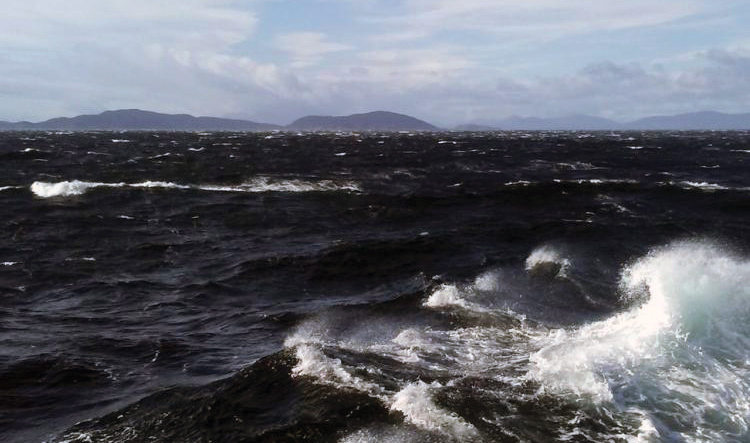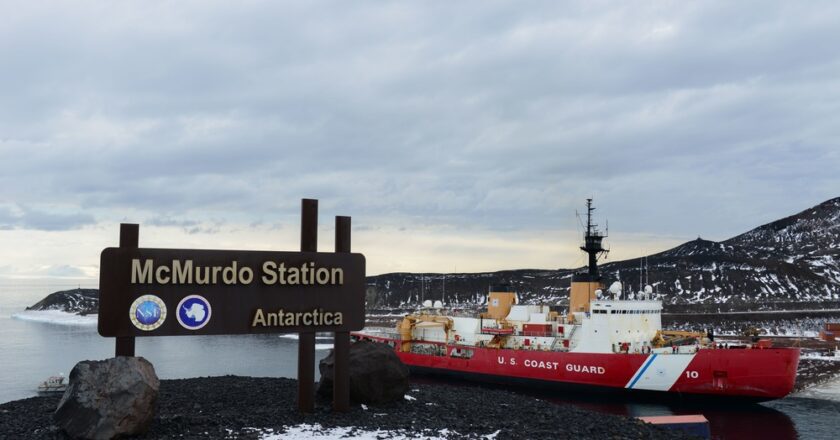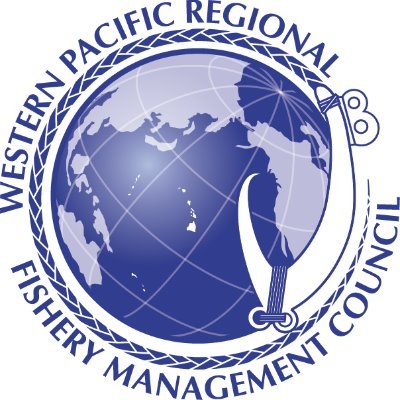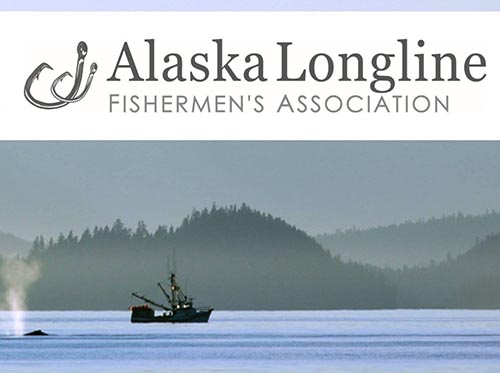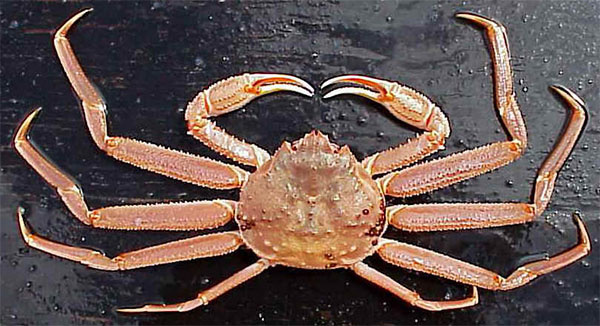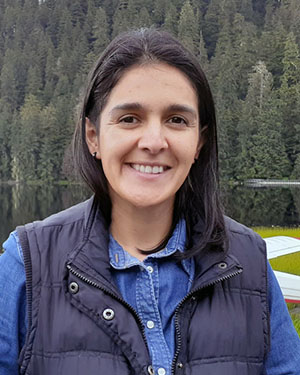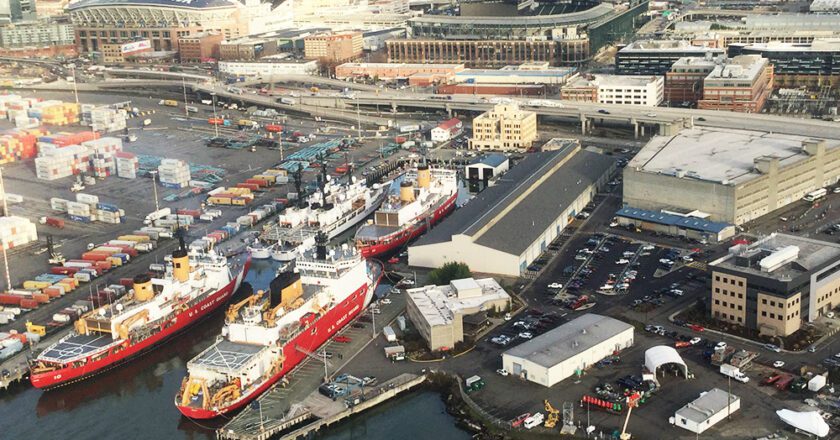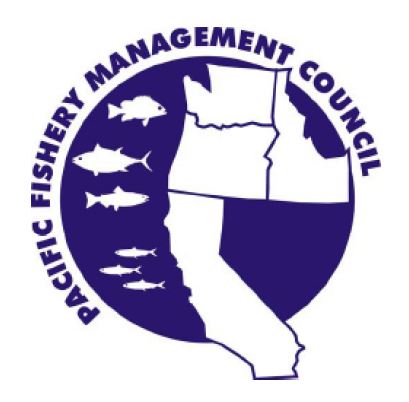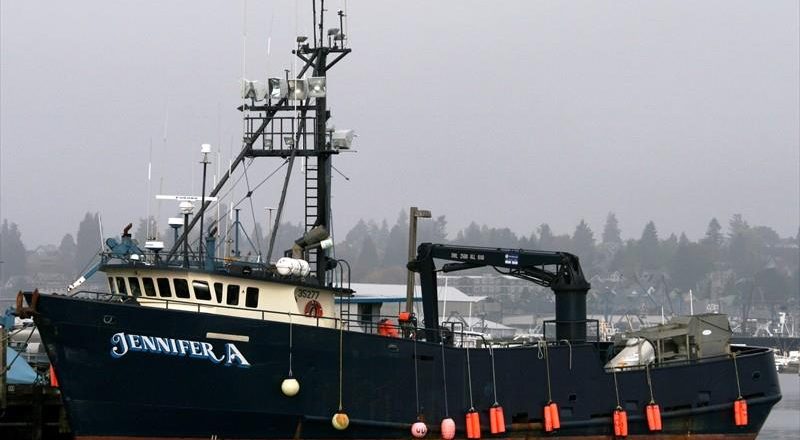From the Editor: Fishing and Climate Change
If ocean temperatures keep steadily rising as they have been for some time due to climate change, then the U.S. fishing industry will have a big problem on its hands.
This is according to experts who recently testified before a U.S. Senate committee on the issue of how climate change affects businesses that depend on the ocean and the creatures in it to sustain their livelihoods.
During a 90-minute session titled “Warming Seas, Cooling Economy: How the Climate Crisis Threatens Ocean Industries” held Jan. 24 by the Senate Budget Committee, five people – a fishing guide, an economist, and three professors – testified on the effects that climate change have and could have.
“The risks of a changing climate are, by far, the most limiting factor of my potential growth and success as an ...

